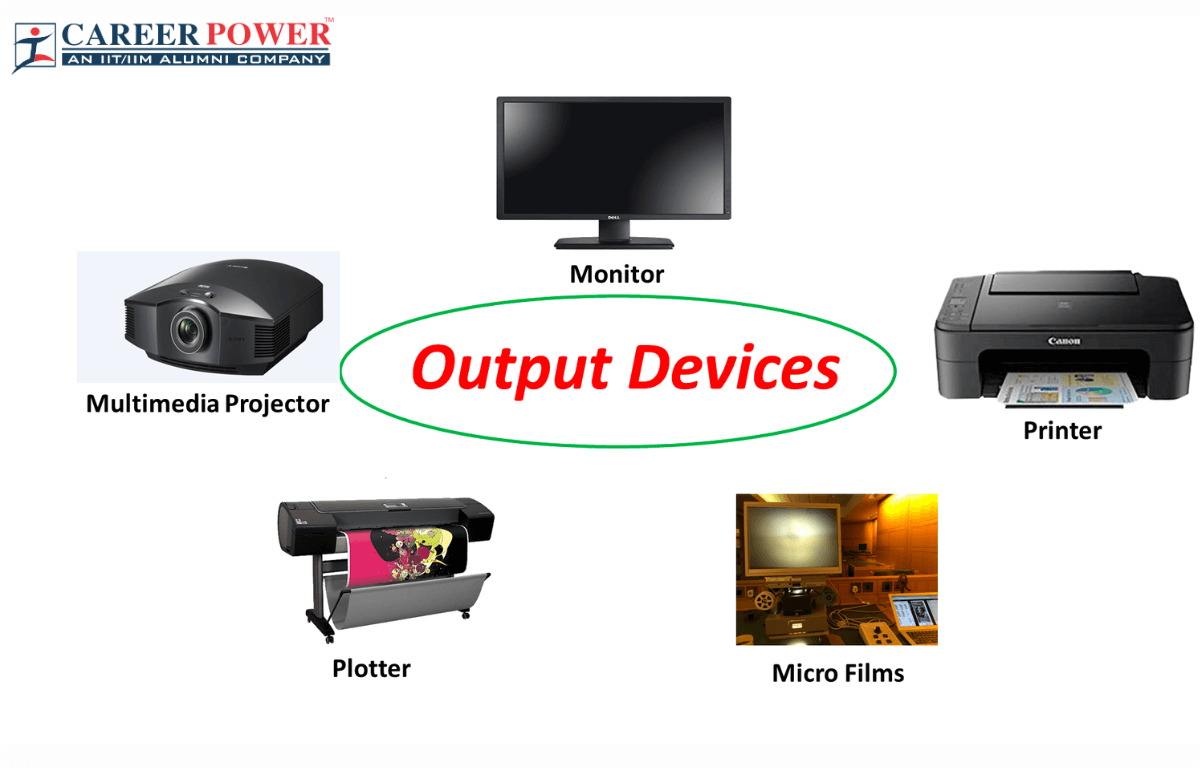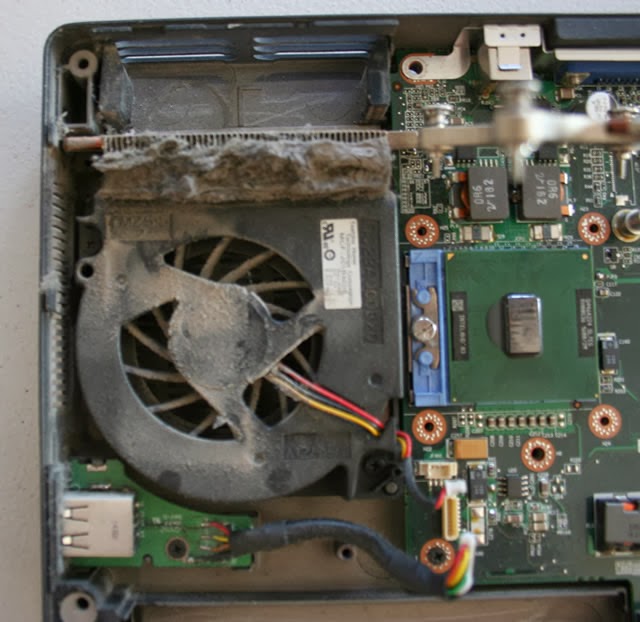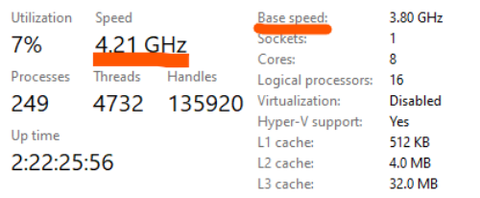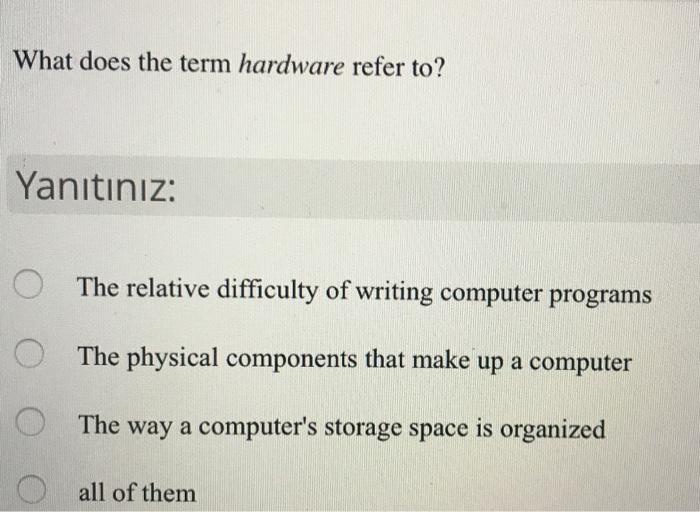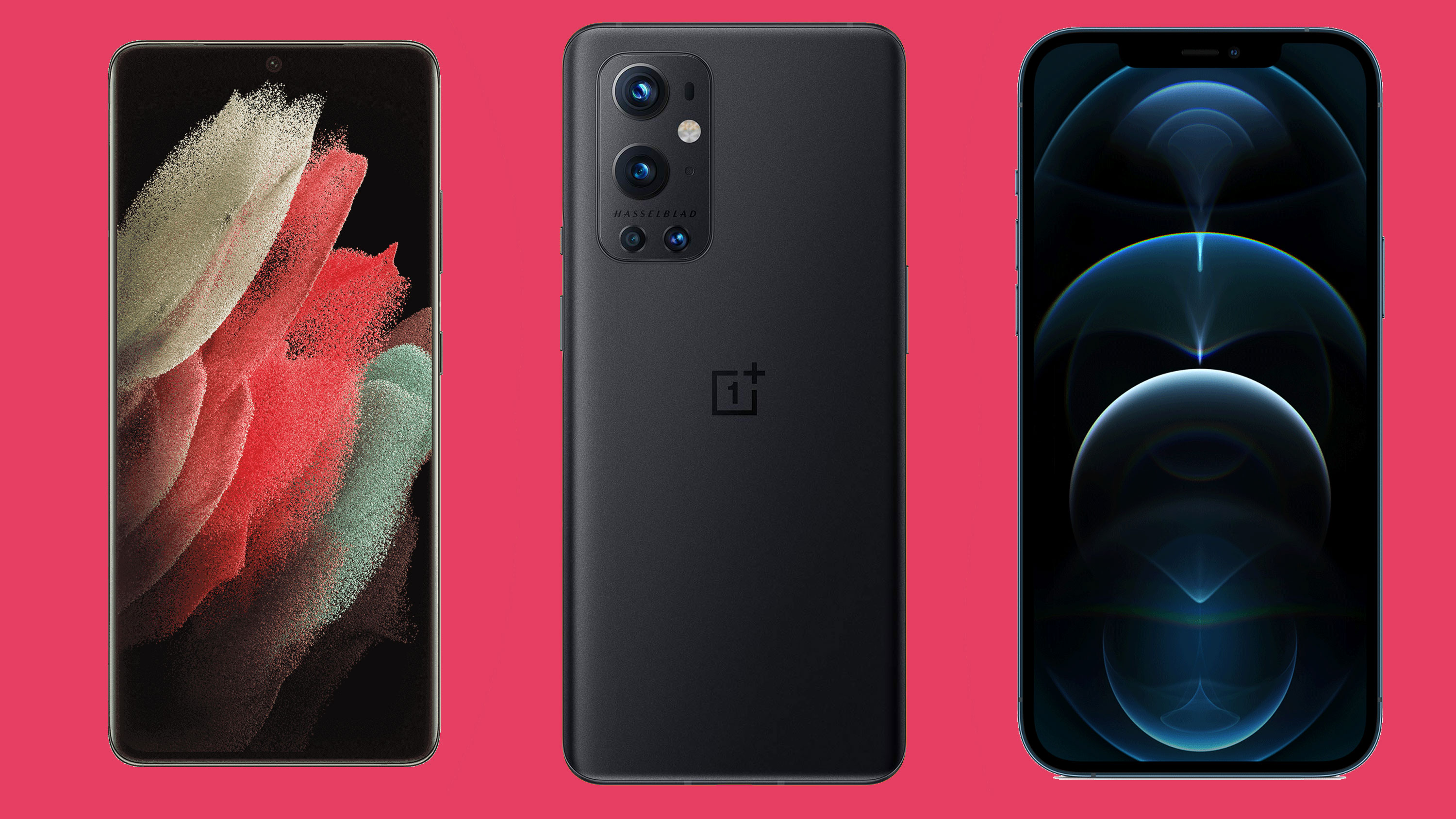An In-depth Guide: Choosing Compatible Scanners for Follett Destiny
Introduction
In this in-depth guide, you will discover crucial factors in selecting scanners compatible with Follett Destiny. Choosing the right scanner can greatly enhance the functionality of this library management system, leading to improved productivity and operational efficiency in managing your library's valuable resources.
What is Follett Destiny?
Follett Destiny is an all-encompassing solution designed for efficient library management. It is a versatile platform relied upon by thousands of K-12 schools around the globe. Here are some notable aspects of Follett Destiny:
- Comprehensiveness: It is a one-stop solution for cataloging, circulating, and carrying out inventory for library resources.
- Cloud-based System: As a cloud-based system, you can access Follett Destiny from any device, offering unmatched convenience and flexibility.
- Feature-Rich: It boasts a robust suite of features designed for streamlining library operations and enhancing the overall library experience.
- Global Relevance: Follett Destiny is utilized by thousands of K-12 institutions across the globe, serving as testimony to its effectiveness and reliability.
In essence, Follett Destiny is an indispensable tool for librarians, aiding in the efficient management of library resources while simultaneously enhancing the user experience.
Why are Compatible Scanners Important for Follett Destiny?
Selecting the right scanner for Follett Destiny is a crucial step in streamlining your library management activities. An incompatible scanner might not only cause operational inefficiencies but lead to inaccuracies that can affect your library's workflow.
1. Enhanced Efficiency: Compatible scanners significantly speed up inventory and circulation processes. With swift and precise data recording and retrieval, such scanners cut down manual workloads drastically.
2. Data Integrity: A seamlessly integrated scanner safeguards the consistency and reliability of the data transferred to the system. It eliminates potential glitches or discrepancies, preserving the integrity of your library data.
3. Avoidance of Data Transfer Issues: An incompatible scanner often leads to incomplete or incorrect data transfer. This can result in inefficiencies in managing library resources and can cripple your library's workflow.
4. Improved User Experience: Scanners that gel well with Follett Destiny simplify library management. They assist in effective cataloging and circulation, leading to higher satisfaction levels among librarians and library users alike.
5. Cost-effective: Investing in a scanner that aligns with Follett Destiny proves economically viable in the long run. It ensures smooth operations, mitigating the need for constant troubleshooting or replacements.
In a nutshell, choosing the right scanner compatible with Follett Destiny boosts efficiency, upholds data integrity, prevents transfer issues, optimizes user experience, and proves to be economically feasible. It's not merely an accessory to your library system; it's an essential component that enhances its performance and effectiveness.
Which Scanners Work Best With Follett Destiny?
Selecting an effective scanner to complement your Follett Destiny system can be a challenging task given that various options exist in the marketplace. The key is to identify models that cater to your specific needs while promising smooth integration with Follett Destiny. Here, we highlight three top scanners recommended for use with Follett Destiny.
1. Datalogic Gryphon GD4520: Topping our list is the Datalogic Gryphon GD4520. Earning its place through its swift decoding speed and omnidirectional reading ability, this scanner significantly improves efficiency. Its standout features include:
- High-speed decoding: The Gryphon GD4520's rapid decoding capability speeds up the scanning process considerably.
- Omnidirectional reading: Any orientation scanning allows for time-saving and boosts staff productivity.
2. Zebra DS2208: Another exceptional choice is the Zebra DS2208. Boasting a sturdy design, this scanner is hailed for its precision. Here's what makes it stand out:
- Durable Structure: The rugged structure of the Zebra DS2208 makes it ideal for busy library environments.
- High Accuracy: Its precise scanning capacity ensures reliable data collection, which is integral to maintaining a library's database integrity.
3. Adesso NuScan 7100CU: For those looking for a balance between cost and performance, the Adesso NuScan 7100CU is an excellent option. This reliable performer offers:
- Consistent Performance: Despite its modest pricing, the NuScan 7100CU delivers steady, robust performance.
- Affordability: This scanner is an excellent choice for budget-conscious libraries without compromising on scanner efficiency.
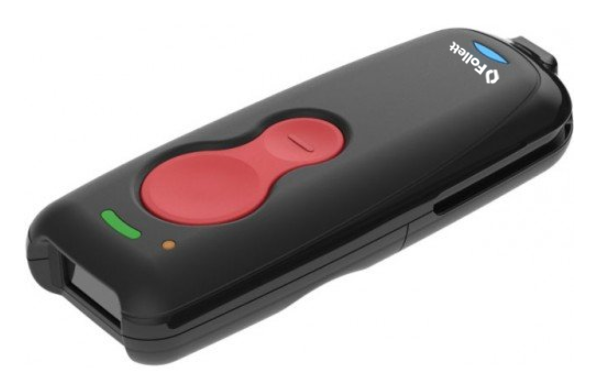
While each scanner has its strengths, the choice rests heavily on your library's specific needs. Factors to consider include whether you need a corded or cordless model and whether additional features like 2D barcode scanning are necessary. By identifying these requirements, you can choose a scanner that not only enhances your Follett Destiny system's functionality but also suits your library's demands perfectly.
How Can You Connect Your Scanner with Follett Destiny?
Connecting your compatible scanner with the Follett Destiny Library Management System doesn't have to be a complicated process. Here is a quick, user-friendly guide to help you achieve seamless integration.
1. Start with your Scanner Setup: Every scanner comes with a user manual provided by the manufacturer. Make sure to follow the setup instructions before proceeding with the connection process.
2. Access the Back Office Module: The Back Office module on Follett Destiny is your starting point for the connection process. Navigate to this section from your Follett Destiny dashboard.
3. Select Follett Remote: Follett Remote is the key to direct communication between your scanner and the system. Choose this option from the Back Office module.
4. Download the Appropriate Drivers: Follett Destiny supports a wide range of scanners, and each needs a specific set of drivers to function appropriately. Identify the right ones for your scanner and download them onto your system.
5. Install the Drivers: Driver installation typically involves a straightforward wizard-based process. Follow the steps as they appear on your screen.
6. Connect the Scanner: At this point, you should connect your scanner to the system—test it to confirm if the scanner can read barcodes and transfer the data accurately.
7. Update Regularly: Keep your system current by frequently updating the software and firmware. This step will help prevent future connection issues and support the efficient functioning of your scanner.
Remember, assistance is always available through Follett's customer support if you encounter challenges during the set-up process.
What are some Potential Issues and Solutions When Using Scanners with Follett Destiny?
Using scanners with Follett Destiny can sometimes present minor hurdles. However, most issues have simple solutions, ensuring seamless integration and efficient operations. Here's a brief insight into some common concerns and their respective solutions:
1. Scanner Detachment: If your scanner detaches frequently from the system, it might be due to unstable USB connections. Solution: Inspect and secure your USB connections or consider investing in a more reliable USB hub for a stable, uninterrupted connection.
2. Poor Data Transfer: In certain cases, you might experience ineffective or slow data transfer. This can often be due to outdated drivers. Solution: Keep your scanner drivers updated. According to Follett, updating scanner drivers can boost data transfer speed by 10-15%.
3. Compatibility Issues: Despite Follett Destiny's wide range of compatible devices, you might still encounter compatibility issues. This could potentially disrupt the smooth functioning of your library system. Solution: Always ensure your scanner is on the list of Follett Destiny's compatible devices. This straightforward step can prevent a plethora of potential issues.
4. Regular Maintenance: Just like any other device, your scanner also needs regular maintenance for optimal functioning. Neglecting this may lead to unexpected glitches or system crashes. Solution: A routine check-up, timely updates, and adherence to the manufacturer’s guidelines can ensure your scanner works seamlessly with Follett Destiny.
By proactively handling these scenarios, you can ensure that your scanner works hand in hand with Follett Destiny, creating an effective, efficient, and user-friendly library ecosystem.
Conclusion
Choosing a compatible scanner for Follett Destiny can immensely streamline your library management processes. Select a reliable model that caters to your needs, ensure its compatibility and maintain regular updates for optimal efficiency.
Related FAQs about what scanners work with follett destiny
Are there any specific characteristics to look for in a scanner for Follett Destiny?
Yes, the specific characteristics to consider are compatibility with Follett Destiny, quick decoding speed, accurate scanning, durability, and whether you prefer a corded or cordless model. Library specific requirements, such as the need for 2D barcode scanning, should also be taken into account.
How can I troubleshoot common issues with scanners when using Follett Destiny?
Common issues can be resolved by checking and securing your USB connections, updating scanner drivers, and ensuring your scanner is on the approved list of Follett Destiny's compatible devices. Regular maintenance and updates are also crucial ways you can troubleshoot common issues.
Can using a compatible Scanner enhance the functionality of Follett Destiny?
Absolutely! Using a compatible scanner with Follett Destiny can significantly enhance operational efficiency by improving inventory and circulation processes, maintaining data integrity, ensuring reliable data transfer, and boosting user satisfaction levels.

